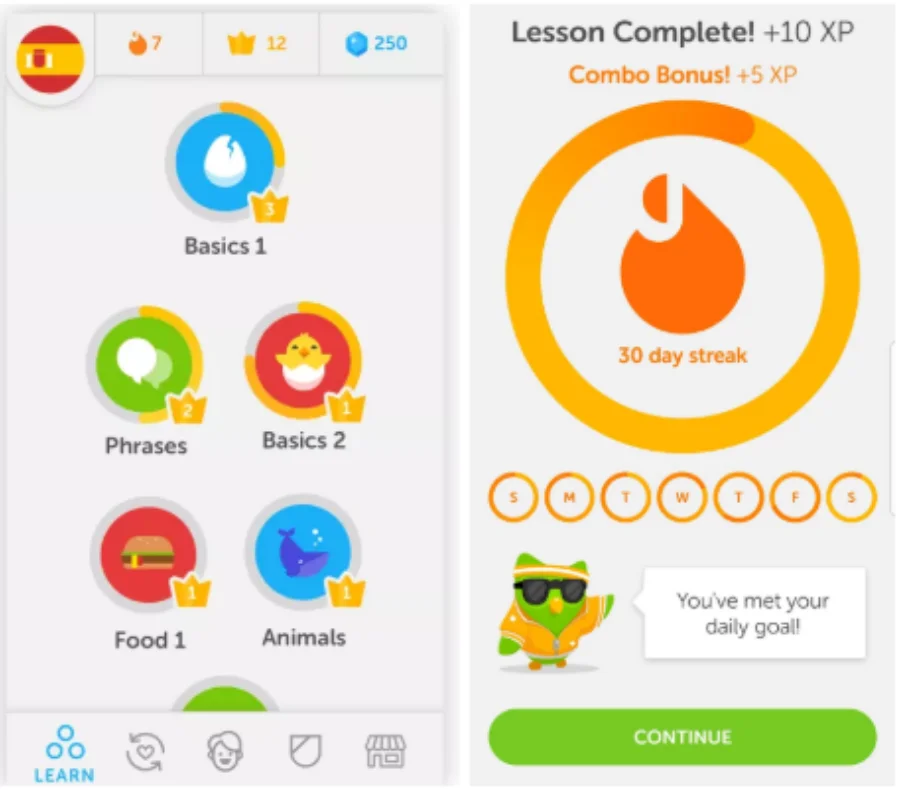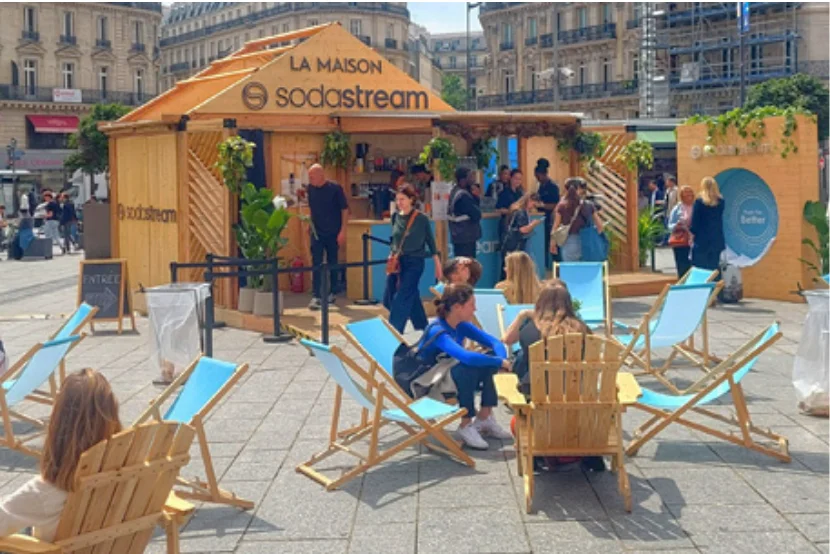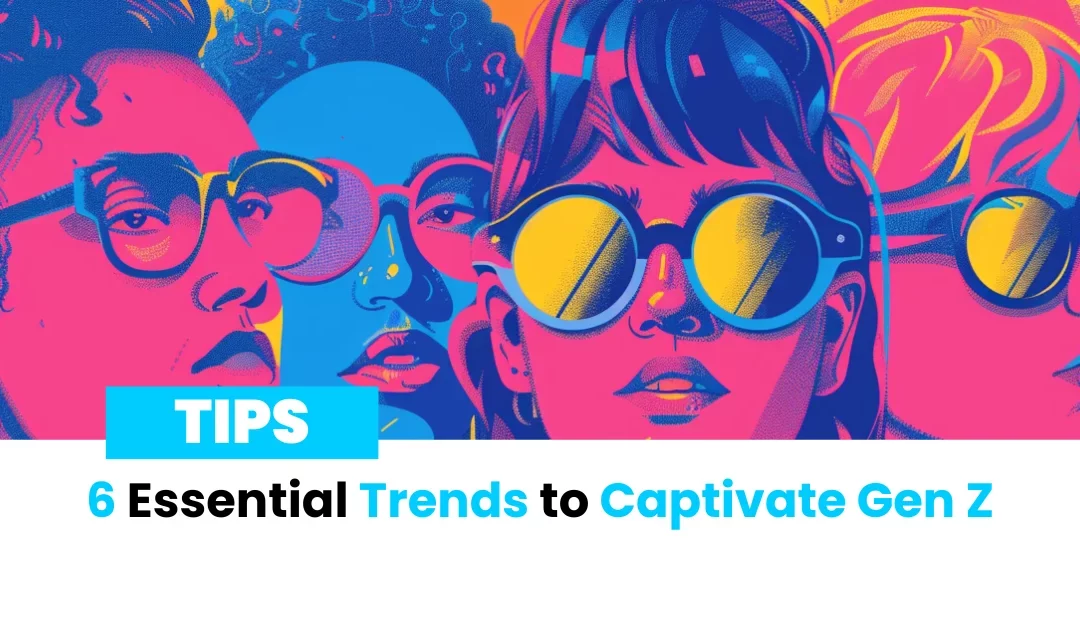In a world where consumer attention is a rare commodity, Generation Z (born between 1997 and 2012), which represents 40% of the world’s consumers, is redefining the rules of marketing. This digital-native and demanding generation expects brands to be authentic, innovative and interconnected. Discover the 6 must-have marketing trends to captivate Gen Z.
1. Gamification

Gen Z’s attraction to interactivity and competition makes gamification particularly effective. By integrating game elements into marketing strategies, brands can increase user engagement and loyalty. Nike Run Club is an excellent example, offering running challenges, rankings and rewards to motivate users. Similarly, Duolingo uses levels, points and rewards to encourage language learning. Brands can incorporate game mechanics such as badges, points and levels to make the user experience more engaging and interactive.
2. Digital consumption and e-commerce
Generation Z prefers to shop online, transforming the retail landscape. Platforms such as Instagram Shopping and TikTok Shopping allow users to discover and buy products directly from their social media feeds. To appeal to this generation, brands need to optimise their online user experience, offering intuitive interfaces, simplified payment options and immersive shopping experiences. Online reviews and personalised recommendations also play a crucial role in their purchasing decisions.
3. Influence of Micro-Influencers
Unlike celebrities, micro-influencers, with their small but highly engaged communities, exert a significant influence on Gen Z. These niche content creators are perceived as more authentic and accessible. Successful partnerships with micro-influencers on platforms such as YouTube and TikTok have shown that these collaborations can generate high levels of engagement and loyalty. For brands, it is essential to choose micro-influencers whose values and audience match their own identity.
4. User-generated content (UGC)
UGC is another effective strategy for engaging Generation Z. This type of content, created by users themselves, is perceived as more authentic and trustworthy. Campaigns that encourage the sharing of photos, videos and testimonials on social networks, such as those run by Coca-Cola with #ShareACoke, have met with great success. To take advantage of UGC, brands need to actively encourage their customers to share their experiences and create content related to their products or services.
5. Personalisation and Artificial Intelligence (AI)
Personalisation is a key requirement for Generation Z, and AI plays a central role in delivering tailored experiences. AI-powered product recommendations, such as those offered by Amazon, and personalised advertising on social networks offer a unique user experience. Using AI, brands can analyse users’ shopping behaviours, preferences and interactions to deliver personalised content and offers that resonate with each individual.
6. Experiential Marketing

Experiential marketing creates lasting memories and deep emotional connections with Generation Z. Immersive experiences, whether physical or digital, allow consumers to interact directly with the brand. Adidas’ pop-up shops and Coca-Cola’s event-based campaigns are examples of successes in this area. These experiences need to be designed to be shared on social networks, amplifying their reach and impact. By integrating interactive and immersive elements, brands can create memorable moments that build loyalty and encourage word-of-mouth.
In short, to captivate Gen Z, brands need to adopt innovative marketing strategies that focus on the user experience. Gamification, digital consumption, the influence of micro-influencers, user-generated content, personalisation via AI and experiential marketing are all trends that can be used to create authentic and lasting connections with this demanding generation. By remaining flexible and in tune with technological and behavioural developments, brands can not only attract the attention of Gen Z but also win their long-term loyalty.

